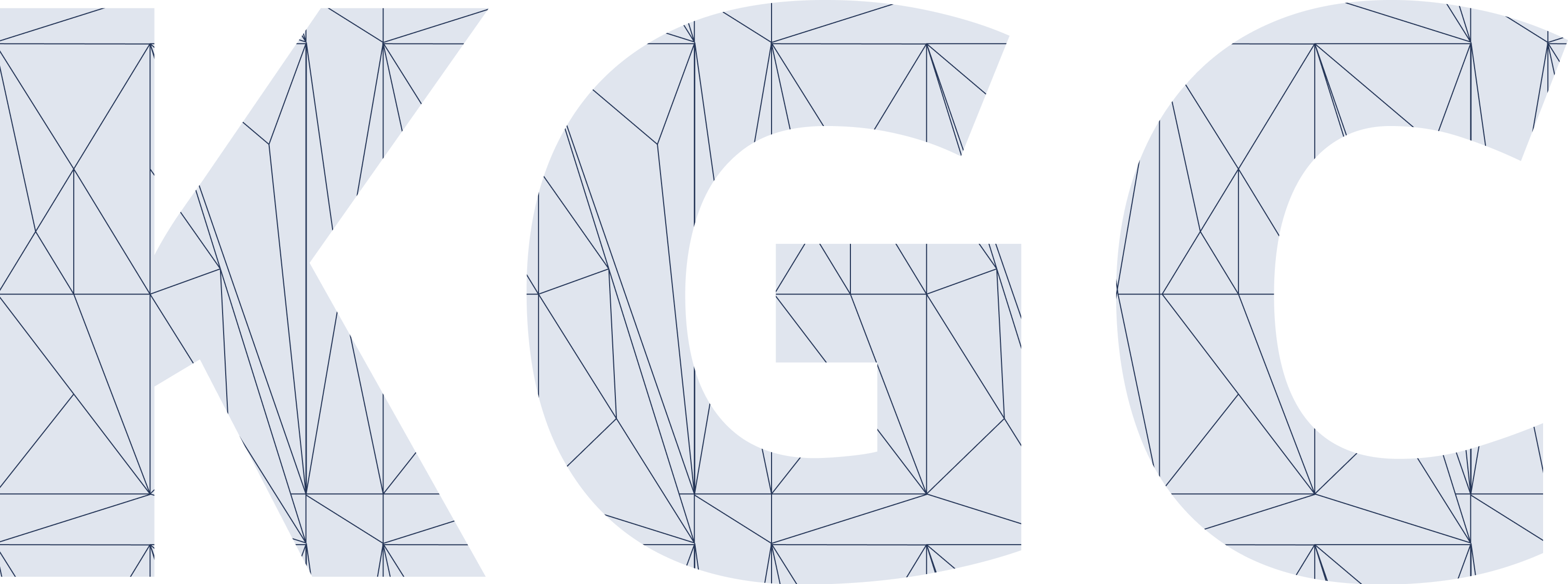Geospatial Knowledge Graphs
Event Details
| Location | Room 1 (Classroom A) | |
| Date | May 3, 2022 | |
| Time | 9:00 AM – 12:00 PM |
Knowledge graphs are not merely a set of technologies, but a novel paradigm for the representation, retrieval, integration, and reasoning of data from highly heterogeneous and multimodal sources. Within just a few years, knowledge graphs (KG) have become a core component of modern search engines, intelligent personal assistants, and business intelligence. Despite large scale data availability, KGs have not yet been as successful in the realm of environmental studies. Geospatial knowledge graphs, as symbolic representations of spatial entities, bring together Geographic Information Science (GIScience) and Artificial Intelligence (AI) to help facilitate many intelligent applications such as geospatial data integration and knowledge discovery. Incorporating geospatial knowledge into KGs reveals a promising approach to identifying and addressing several semantic challenges for geospatial studies, specifically, for data acquisition and integration, geovi sualization, geographic entity alignment, as well as geographic knowledge graph summarization. This workshop will aim to emphasize the importance of geospatial information and principles in designing, developing, and utilizing geospatial knowledge graphs and other geospatial AI techniques.
This session will provide a setting to discourse about large-scale knowledge graphs for geospatial and environmental data integration and intelligence, state-of-the-art, spatiotemporally-explicit machine learning methods, tools, and their potential as well as limitations on addressing geospa tial challenges. More specifically, the goal is to foster discussion on frameworks for leveraging spatial and temporal knowledge as the nexus to integrate environmental data of various themes within geospatial knowledge graphs. The workshop will be organized as a full-day for research presentations and industry demonstration papers regarding relevant topics.
This workshop intends to bring together disparate elements of the environmental and geospa tial community. Presenters will have the opportunity to present their works related to environmental data integration using knowledge graphs and geospatial intelligence services using innovative machine learning techniques. The participants can network with other researchers, innovators, and business and technical practitioners from academia, industry, government, non-profit organizations, and beyond.
Topics include, but are not limited to:
- Applications of Geospatial Knowledge Graphs (e.g. knowledge graphs in environmental data integration and AI systems)
- Real-world use cases of GKGs
- Ontologies to encode environmental observations and events in GKGs
- Spatiotemporal Scoping of GKGs
- GeoSPARQL and Spatial Query Evaluation
- GKGs Visualizations
- Geospatial Knowledge Graph Embeddings
- Spatiotemporally-explicit Machine Learning Models for Environmental Tasks 2
Call for Papers
---
We invite submissions to the First Workshop on Geospatial Knowledge Graphs (GeoKG2022) to be held in conjunction with the The Knowledge Graph Conference 2022 (KGC2022) that will take place at Cornell Tech campus, New York, and globally online, from May 2 to 6, 2022. GeoKG2022 is a half-day workshop consisting of two parts: paper presentations, and an interactive breakout discussion session.
The workshop aims to bring together disparate elements of the environmental and geospatial community and provide a setting to discourse about large-scale knowledge graphs for geospatial and environmental data integration and intelligence, state-of-the-art, spatiotemporally-explicit machine learning methods, tools, and their potential as well as limitations on addressing geospatial challenges. More specifically, the goal is to foster discussion on frameworks for leveraging spatial and temporal knowledge as the nexus to integrate environmental data of various themes within geospatial knowledge graphs.
Topics
---
We particularly welcome contributions on topics related to environmental data integration using knowledge graphs and geospatial intelligence services using innovative machine learning techniques. The main topics of interest are:
1) Geospatial Ontologies and Geospatial Knowledge Graph Construction
- Spatiotemporal Scoping of GKGs
- Ontologies to encode environmental observations and events in GeoKGs
2) Querying Geospatial Knowledge Graphs
- GeoSPARQL and Spatial Query Evaluation
- GeoKGs Visualizations
3) Machine Learning for Geospatial Knowledge Graphs
- Geospatial Knowledge Graph Embeddings
- Spatiotemporally-explicit Machine Learning Models for Environmental Tasks
4) Other GeoKG Topics and Applications
- Real-world use cases of GeoKGs
- Applications of Geospatial Knowledge Graphs (e.g. knowledge graphs in environmental data integration and AI systems)
Submissions
---
We invite the submission of original research results and industry-level applications related to the focus areas of the workshop, in one of two categories given below. All submissions are requested through EasyChair.
1) Short papers (maximum 5 pages LNCS style) presenting proposed research directions, novel ideas, use-case scenarios, established results or more general positions or discussions.
2) Vision papers (maximum 4 pages ) presenting important directions for future research on GeoKGs. Such papers should identify key problem areas for GeoKGs, and propose potential solutions or strategies that could be developed to address such problems. Ideally the papers should highlight open research questions for GeoKGs, and should stimulate future research.
Submissions should be sent to geokg.kgc22@gmail.com




